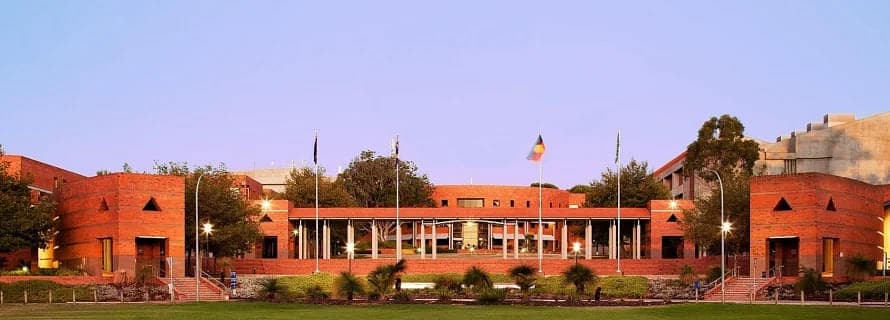

Bachelor of Multidisciplinary Science at Curtin University
Bentley, Australia
- Tuition Fee AU$ 40,170
- Country Rank-
- Duration36 Months
- Score IELTS: 6.5
Program Overview
The application of science to real-world problems continues to evolve and become increasingly complex and truly multidisciplinary in nature. Nowadays, in many areas of scientific endeavour, no one science discipline is sufficient to deliver advances and innovation. This is reflected in multidisciplinary fields such as astronomy, biochemistry, bioinformatics, environmental science, forensic science and nanotechnology. In this course you will learn to apply scientific principles and concepts to real-world problems that are multidisciplinary in nature. You’ll also learn the communication, creative, entrepreneurial and cultural-awareness skills that are important in multidisciplinary, collaborative careers throughout government and industry.
Cost Of Studying At Curtin University
Interest rates as low as 8.9% *
250K+
Students Assisted
800Cr+
Loan Amount Disbursed
5000+
Loans Sanctioned